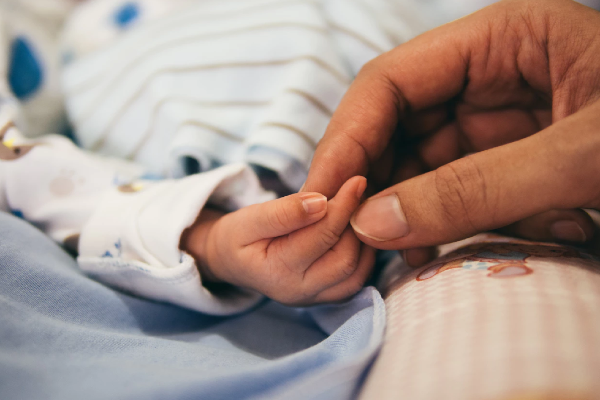New research from Dublin's Coombe Hospital has discovered that 88 percent of working women planned their pregnancies last year.
Almost 68,000 expectant Irish mothers were surveyed as part of the study, which found that professional women are twice as likely to plan a pregnancy than unemployed women.
Only 42 percent of women who weren't employed planned pregnancies, according to the data which was gathered from 2010 until 2017.
The study has been published in the European Journal of Obstetrics & Gynecology and Reproductive Biology.
The number of mothers who smoked and drank alcohol has dropped hugely, but there has been a major increase in mothers on anti-depressants or anti-anxiety medication in the last 10 years.
The UCD Centre for Human Reproduction at the Coombe Women and Infants University Hospital and Dublin City University conducted the studies.
They realised that the rate of planned pregnancies rose from 68 percent in 2010 to 73 percent in 2017.
Half of pregnant women attending the Coombe in 2017 were overweight or obese.
In the same year, professional and managerial women had the highest average pregnancy age while unemployed women also had the lowest age.
The research is consistent with recent trends of high participation of women in the labour force and further education in the country after the economic crash.
The study stated: “During the recession, the participation by women aged 20 - 29 years in third level education increased.
“Women’s unemployment rate was lower than men’s. Labour force participation for women with a third level education remained high in their 20s and 30s.”
Professor Michael Turner, who is co-author of the research, warned that awareness must be raised about the dangers of deferring motherhood until later in life.
“It is great that an increased number of women in Ireland are joining the workforce or staying in full time education.
"However, they need to be aware that if they defer motherhood voluntarily for too long they may find it harder to get pregnant as their fertility decreases," he continued.
“Also, pregnancy complications such as miscarriage and obesity are increased in the older woman”







